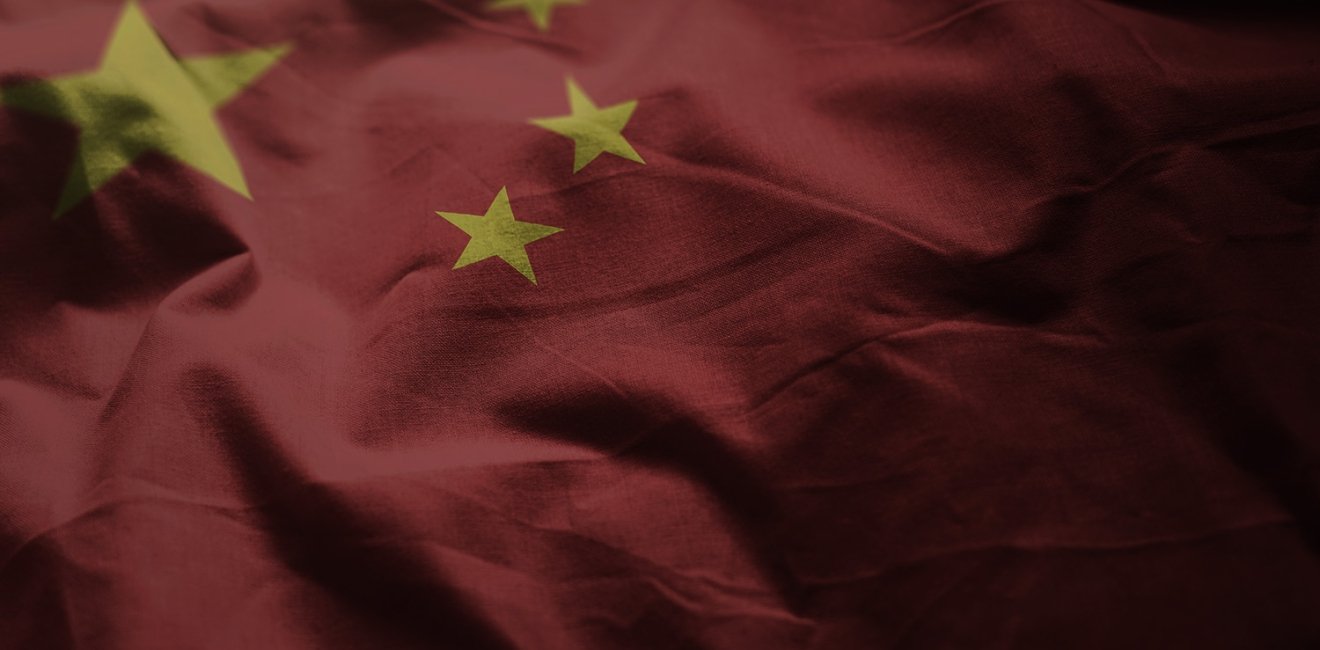
A blog of the Indo-Pacific Program
One of the few certainties in an otherwise tumultuous outlook for the world in 2024 is that China will be at the top of US concerns for the foreseeable future. This obviously includes foreign and security policies, but it also includes events within China that impact Beijing’s external behavior. Domestic developments there have generated increased attention. Something is going on in China that may be hugely important — or maybe not.
The Chinese educational system touts that China embodies the oldest and greatest civilization in human history. Around the world great empires and civilizations rose, fell and disappeared over millennia. Chinese dynasties succeeded one another but, unlike anywhere else, China’s civilization and institutions remained intact. It was a seminal accomplishment in governance. Chinese emperors were supported by the mandarinate — the scholar officials who actually administered the empire. The system they created and sustained was thoroughly autocratic, but, when it worked well, it was autocracy softened and enlightened by an official moral code — the ethical precepts of Confucious. The ruler had absolute authority, but to be worthy of that power, he must be beneficent. This system compiled an extraordinary record of accomplishment. As late as 1800, China’s economy was the world’s largest and, by many measures, most advanced.
This, however, was a high-water mark for the Chinese empire. China’s very success over such an extended period inevitably produced a profound conservatism deeply resistant to change — particularly change emanating from outside China.
China had no choice; it would have to come to terms with the West and modernity.
The pressure for change came in the form of European merchants and navies determined to access China’s closed market with its legendary riches of silk, porcelain, tea and so much else coveted by wealthy Europeans. In 1793, the Chinese emperor rebuffed British trade overtures with a letter to King George III: “Our Celestial Empire possesses all things in prolific abundance and lacks no product within its own borders.” But Europeans, empowered by the science of the Renaissance and the technology of the Industrial Revolution, forced their way into China. A British military expedition attacked and occupied Beijing. China had no choice; it would have to come to terms with the West and modernity. That process, violent and bloody, ultimately culminated in the victory of Mao Zedong’s peasant army in 1949. Mao brought cataclysmic political change, but instead of a Western-style democracy, Mao instituted a highly centralized autocracy animated by an extreme interpretation of another Western idea: Marxism.
Mao’s control, for nearly thirty years, was total, arbitrary — and catastrophic. Mao’s obsessive determination to totally remake his country in accordance with an ideological vision left China impoverished, backward and isolated. Millions died in Mao’s demented mass campaigns. China’s ancient model of governance was irreversibly destroyed. Communist cadres made sure of that by killing the remaining Mandarins. However, with Mao’s death, a new paramount leader, Deng Xiaoping, emerged.
Deng had a very different vision of China’s future encapsulated in a traditional saying, “rich country, strong army.” It was classic nationalism; Deng wanted a powerful, prosperous and modern China. He embraced Japan’s formula for achieving modernity — a strong government/state with a market economy open to international trade and investment. Deng’s model even allowed for some experimentation with democracy at the local level. But, when students went into the streets of the capital in 1989 demanding real democracy on a national scale, Deng authorized a bloody crackdown to preserve communist party power. Instead of democracy, Deng and his immediate successors reimposed autocratic rule, but (and this is crucial) with constraints including collective leadership, a two-term limit on the president, and ample room for free markets. Chinese were free to interact with the rest of the world as business people, students and tourists. The system allowed for a vibrant intellectual life; social commentary and, even political criticism, were allowed — within limits.
From 1980 to 2020, China enjoyed rapid modernization on an unprecedented scale and pace.
It worked spectacularly. From 1980 to 2020, China enjoyed rapid modernization on an unprecedented scale and pace. The Chinese economy had become the second largest in the world and seemed on pace to overtake the US by the early 2030s. China was doing something that much western social science theory said was impossible — combine political autocracy with free markets, societal innovation and popular support. When Western critics asserted that advanced societies must be free, democratic and open to function efficiently, the Chinese response (in effect) was, “We are not Western; our Confucian societies value order and direction.”
In 2013, following the two-term rule, the Chinese communist party selected a new leader and national president, Xi Jinping. In all likelihood, the party kingmakers who selected Xi, thought they were getting a leader committed to Deng’s guidelines/legacy. But instead of an heir to Deng, they got a leader much closer in mentality and ambition to Mao. It did not take long for Xi to concentrate power in his own hands by removing all potential rivals and successors via a purge masquerading as an anti-corruption campaign. Soon he forced through a formal change in party rules that eliminated the two-term limit. China had a new emperor — for life.
The implications of this became evident during COVID when Xi imposed total, extended lockdowns on entire cities. “Zero COVID” terrorized many Chinese and revealed in the words of one, “what the state was capable of.”Much more followed. Hong Kong’s fifty years of guaranteed autonomy were gone with the stroke of a pen; dissenting voices inside China were silenced; business tycoons who had become prominent and influential were crushed; and Xi made it clear that ideological orthodoxy and security would override everything else including economic growth.
...after forty years of white hot growth, the Chinese economy is beginning to stall...
The consequences of all this are just beginning to emerge. Foreign investors are increasingly uneasy and are beginning to hedge their bets; Chinese citizens are moving money out of China at a growing rate despite state currency controls; thousands of Chinese are showing up on the southern US border seeking “asylum”; after forty years of white hot growth, the Chinese economy is beginning to stall; and young Chinese are experiencing unprecedented levels of unemployment. Chinese youth are, by their own testimony, losing faith in China’s future. Internet memes include “lying flat” (giving up on ambitions for a better life) and “we are the last generation” (no marriage, no children, no future).
All of this may be transitory and China may resume its previous momentum. But maybe not. In that case, the future for America and the world will look considerably different than we thought even a year or two ago.
Follow the Asia Program on Twitter @AsiaProgram. or join us on Facebook.
The views expressed are the author's alone, and do not represent the views of the U.S. Government or the Wilson Center. Copyright 2024, Asia Program. All rights reserved.
Author

Adjunct Professor, Johns Hopkins University; Former Professor of National Security Policy, National War College and Deputy Staff Director, Senate Select Committee on Intelligence

Indo-Pacific Program
The Indo-Pacific Program promotes policy debate and intellectual discussions on US interests in the Asia-Pacific as well as political, economic, security, and social issues relating to the world’s most populous and economically dynamic region. Read more





